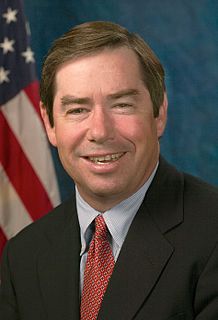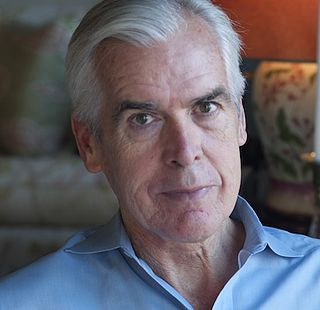A Quote by Michael Parenti
The crucial role communists played in organizing industrial unions in the 1930s and struggling for social reforms, peace, and civil rights strengthened rather then undermined democratic forces.
Related Quotes
What is failure for some is success for others. It depends on where they stand in the struggles over "democratic governance" and related rights - civil, social and economic, and broadly cultural, to adopt the framework of the Universal Declaration that is formally endorsed but constantly undermined.
If you look at the India-US relationship for example, the role that the Indian diaspora has played in the relationship is extremely crucial. Yes, we share democratic values but there is also the great role that the Indian diaspora has played in strengthening the bond of friendship between India and the US, and of course in underscoring the democratic values between the two countries.
The Civil Rights Act of 1964 was the most sweeping civil rights legislation of its day, and included women's rights as part of its reforms. Ironically, the section on women's rights was added by a senator from Virginia who opposed the whole thing and was said to be sure that if he stuck something about womens' rights into it, it would never pass. The bill passed anyway, though, much to the chagrin of a certain wiener from Virginia.
Rights are not the language of democracy. Compromise is what democracy is about. Rights are the language of freedom, and are absolute because their role is to protect our liberty. By using the absolute power of freedom to accomplish reforms of democracy, we have undermined democracy and diminished our freedom.
Now the masses of Latin America are electing governments they feel can take forward the democratic reforms of the last 20 years, and transform them into social and economic reforms. This is, I think, extremely important, because it also means that the left has abandoned the revolutionary solution proposed by Che Guevara and has taken the democratic path.
Labor has been severely undermined, but that's happened before. In the 1920s, the labor movement was virtually crushed, in large part by Wilson's Red Scare, but it dramatically revived in the 1930s. It spearheaded the social-democratic New-Deal style changes which were beneficial to the country - not sufficient, but beneficial. That could happen again.
My friends, to those who say that we are rushing this issue of civil rights, I say to them we are 172 years late. To those who say that this civil-rights program is an infringement on states’ rights, I say this: The time has arrived in America for the Democratic Party to get out of the shadow of states' rights and to walk forthrightly into the bright sunshine of human rights.



































